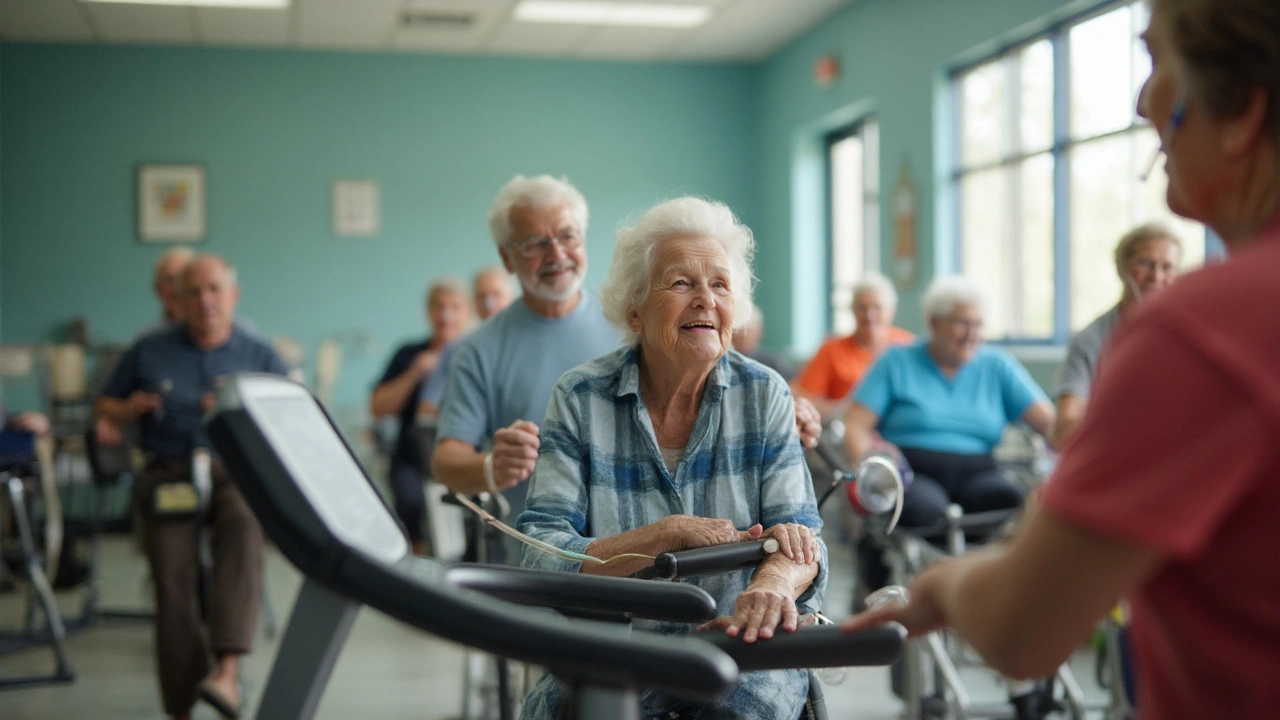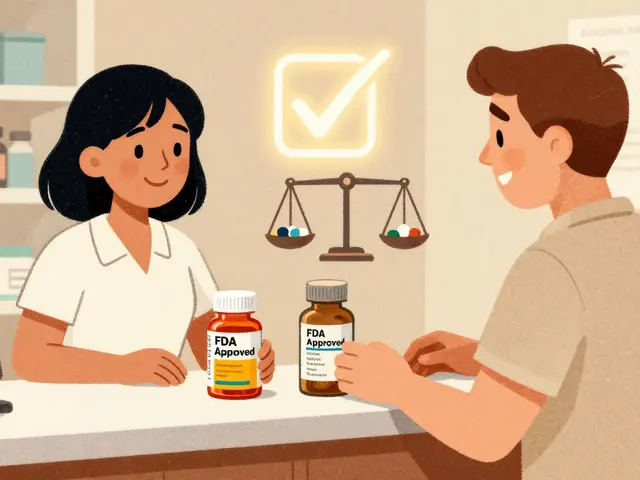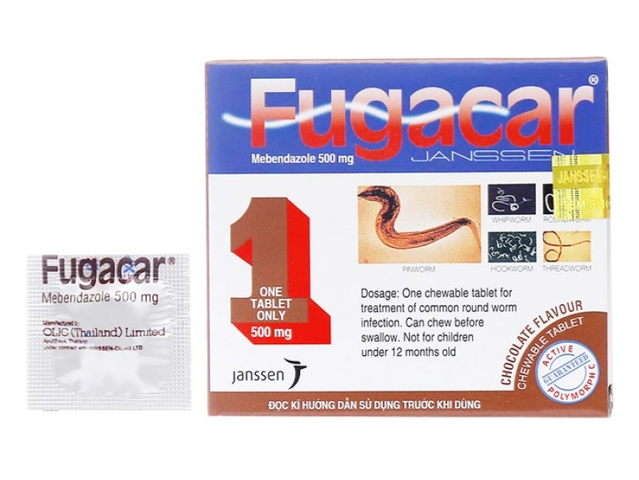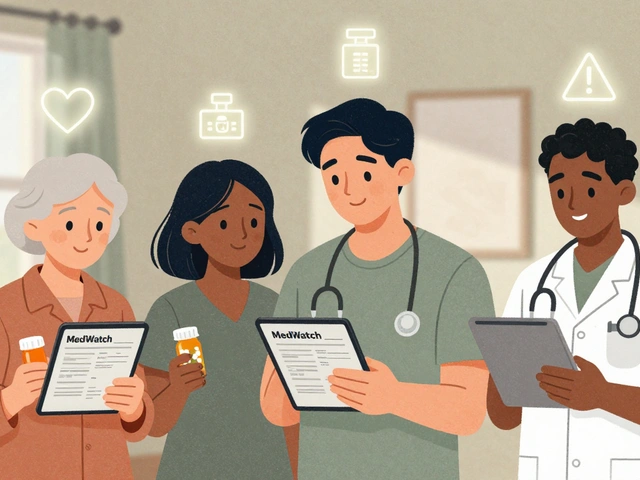Pulmonary Rehabilitation – What It Is and Why It Matters
If you’ve been told you have COPD, asthma, or are recovering from lung surgery, you’ve probably heard the term “pulmonary rehabilitation.” It’s not a fancy medical gadget – it’s a structured program that helps you breathe easier, move more, and feel better day to day.
Who Can Benefit?
Anyone with chronic lung disease, post‑operative lungs, or even long‑term smokers can gain from rehab. The program works for older adults who find themselves short of breath climbing stairs, younger athletes with post‑infection fatigue, and anyone who wants to cut down on inhaler use.
Core Parts of a Rehab Program
Exercise training. Think low‑impact cardio like walking, stationary cycling, or water aerobics. The goal is to boost endurance without over‑taxing the lungs.
Breathing techniques. Strategies such as pursed‑lip breathing and diaphragmatic breathing teach you to use less effort for each breath.
Education. You’ll learn how medications work, why quitting smoking matters, and how nutrition supports lung tissue.
Psychosocial support. Dealing with a chronic condition can be stressful. Group sessions or counseling help you stay motivated.
Most programs run three times a week for 6–12 weeks, but many centers offer home‑based options with video guides and remote monitoring.
Getting started is simple: ask your primary doctor or pulmonologist for a referral. If you’re on meds like bronchodilators, steroids, or antibiotics (e.g., cefixime for infections), keep your prescription list handy – the rehab team will adjust your meds as needed.
During rehab, you’ll track progress with simple tools: a step counter, a shortness‑of‑breath scale, and periodic lung function tests. Seeing numbers improve keeps you engaged.
Don’t expect miracles overnight. Most people notice less wheezing, can walk a few extra blocks, and sleep better after the first few weeks. Consistency is the secret sauce.
If you’re curious about how specific meds fit into your lung care, check out our other articles on inhalers, antibiotics, and breathing‑support drugs. They give practical tips on buying safe, affordable prescriptions online.
Remember, pulmonary rehabilitation is a partnership. You bring the willingness to move and breathe, and the health team brings the plan and support. Together you can reclaim a more active life and reduce hospital visits.
Ready to breathe easier? Talk to your doctor today and ask about a pulmonary rehab program near you. Your lungs will thank you.










